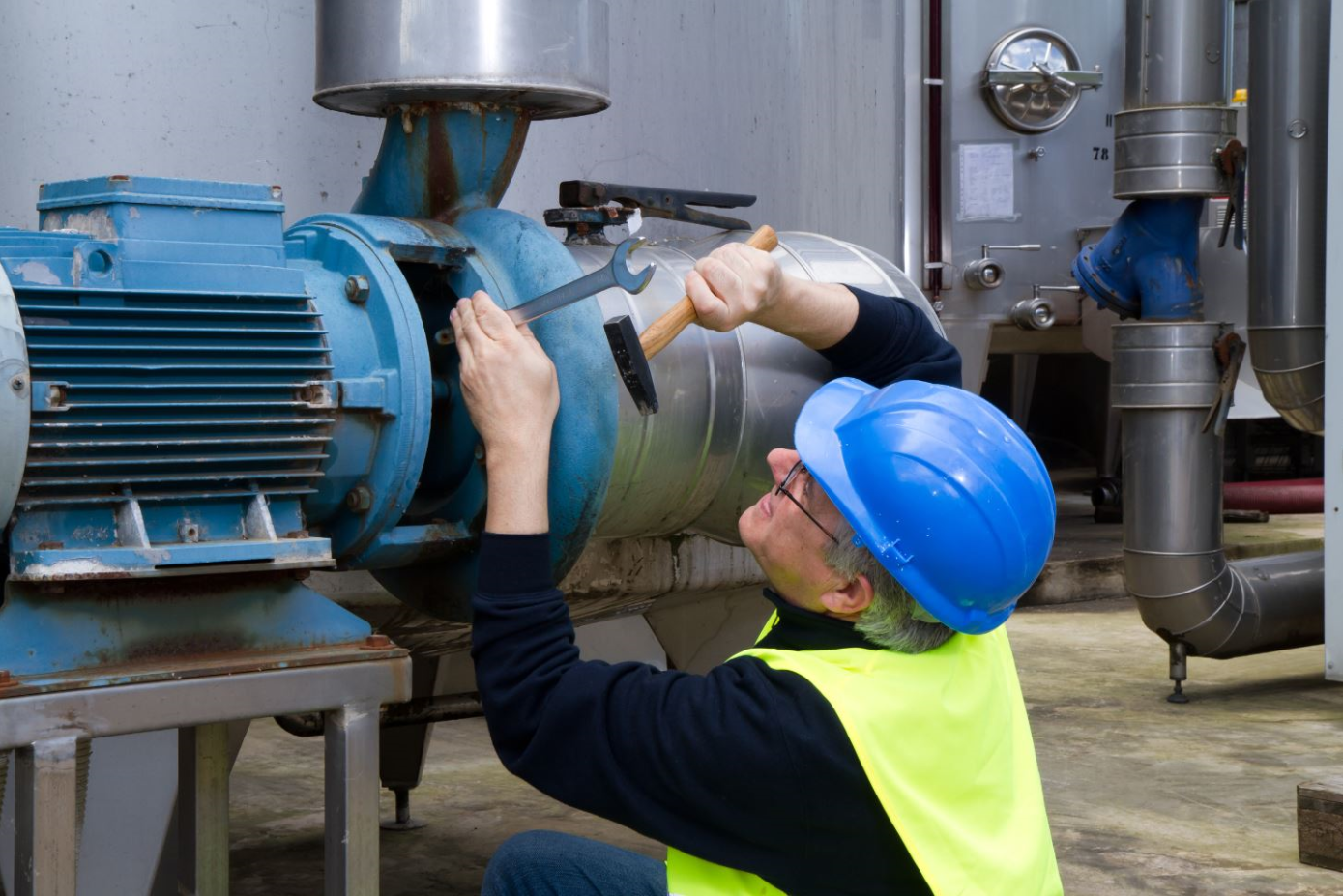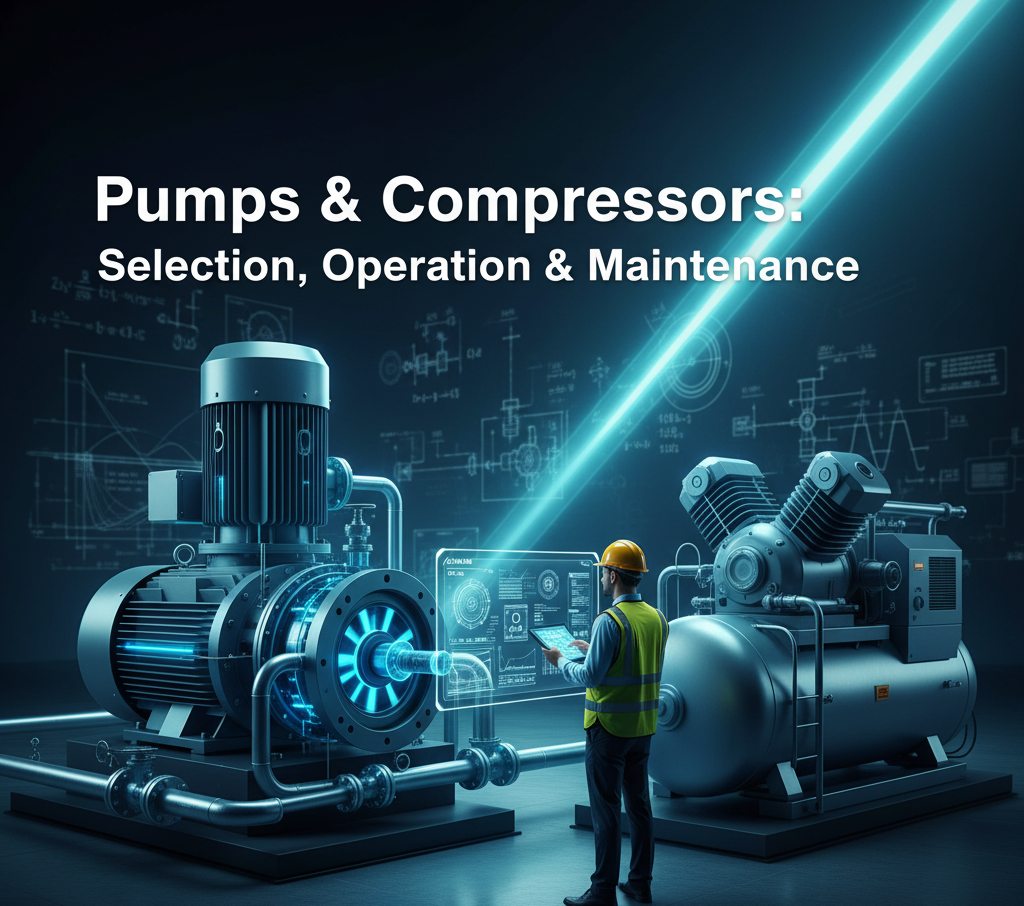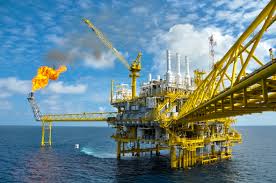

And as pumps are generally critical machines in any production process, and hence it is vital that maintenance is most effective for these units. This course aims to provide delegates with a comprehensive understanding of how to use a combined predictive and preventive maintenance approach to achieve maximum reliability and greatest understanding of any deterioration that may occur. During the course, participant’s discussion, comments and own problems are welcomed and encouraged. Short tests will be performed to direct the presented material.
By the end of this course delegates will be able to:
Maintenance, Operation, Production Engineers, Engineers, supervisory and technical staff involved in the monitoring maintenance and diagnostics of pumps, Senior Technicians working with gas turbines should benefit from this course; senior staff can update and refresh their knowledge by attending this course.
INTRODUCTION TO PUMPS
CLASSIFICATION OF PUMPS
PUMPS SYSTEMS
PUMPS OPERATION
PUMPS DRIVERS
PUMPS PROBLEMS
PUMPS MAINTENANCE
CDGA attendance certificate will be issued to all attendees completing minimum of 80% of the total course duration.
| Code | Date | Venue | Fees | Register |
|---|---|---|---|---|
| MI164-02 | 10-05-2026 | Dubai | USD 5450 | |
| MI164-03 | 13-09-2026 | Riyadh | USD 5450 | |
| MI164-04 | 30-11-2026 | Kuala-Lumpur | USD 5950 |

This five days course will introduce delegates to the different types of pumps and their associated terminology. Centrifugal pumps theory of operation and main components will all be discussed. The ap ...

From the pump and pump system, to the people who operate, maintain and design the pump system, this course will discuss how to identify the real problems causing pump failure, and how to avoid repeati ...

Pumps and compressors are essential components in almost all industries in that they are required to meet system demands and operate reliably. Further, since they can consume approximately 30% of a pl ...

This is an intensive, five day foundation level course that provides a comprehensive review of pump and compressor equipment used in the upstream and midstream sectors of the oil and gas business. Emp ...
Providing services with a high quality that are satisfying the requirements
Appling the specifications and legalizations to ensure the quality of service.
Best utilization of resources for continually improving the business activities.
CDGA keen to selects highly technical instructors based on professional field experience
Since CDGA was established, it considered a training partner for world class oil & gas institution
3012, Block 3, 30 Euro Business Park, Little Island, Co. Cork, T45 V220, Ireland
Mon to Fri 09:00 AM to 06:00 PM
Contact Us anytime!
Request Info